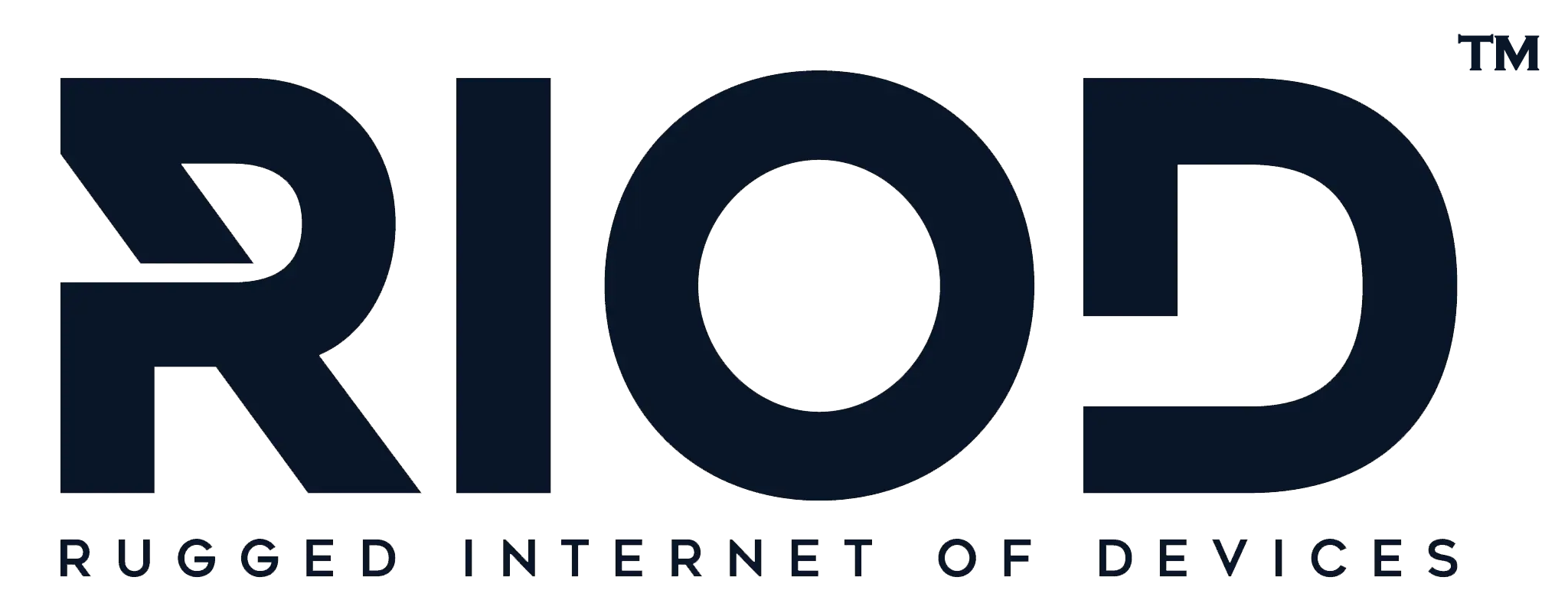EV Charger Development
2 min read
RIOD is a leading provider of EV charging solutions for OEM and ODM applications. With years of experience in the industry, we have a reputation for delivering high-quality, reliable, and innovative products that meet the needs of our customers.
If you are a company looking to expand your product line to include EV charging, we would be happy to work with you. Our team of experts can design and manufacture customized charging solutions that meet your specific requirements and brand guidelines.
From residential chargers to commercial charging stations, we offer a range of products to suit different needs and budgets. All of our products are rigorously tested and meet the highest safety and performance standards.
If you are interested in exploring the possibilities of working with RIOD, please don’t hesitate to reach out to us. We look forward to the opportunity to help your business grow and succeed in the exciting world of EV charging.
EV Chargers types
The EV charging infrastructure is a critical component to the success of mass-market electric vehicles. The affordable, convenient and quick charging of EVs at home is considered the holy grail of charging in the consumer market. Level 1 has the slowest charge rate and is often used for overnight or pre-charge purposes. Level 2 are typically installed in a residence but can also be found at public charging stations. As a result, Level 2 chargers have become an important part of a consumer-focused cityscape. Now at it’s most powerful level

Electric Vehicle (EV) charging infrastructure is the backbone of the EV revolution. It enables EVs to be charged quickly and conveniently, which is essential if EVs are going to compete with traditional vehicles. There are two main types of electric vehicle charging: AC and DC. AC is used by Level 1 chargers (110V/230V), which can charge an electric car in eight hours ; Fast chargers use either Level 2 (AC) or Level 3 (DC) technology, which allows for much faster charging times at private/public stations.
EV Charger Controller
The key component of an EV charging infrastructure is its controller, which controls how much current flows into your car’s battery and determines whether it’s ready for another charge. It also communicates with cloud for operations, like scheduling charging sessions and controlling access to parking lots. Charge controller also validates the energy consumption, and offer protections like earth leakage, Earth break, Voltage abnormalities etc.
EVSE CMS Integration
The process of integrating an EVSE to the Cloud is called EVSE integration. The standard for this integration is OCPP (Open Charge Point Protocol), which is an open-source protocol for connecting chargers to the Cloud and other charging stations.
EVSEs which support OCPP can be integrated with any CMS (Customer Management System) that supports OCPP
Charge Management System (CMS)
Charge Management System (CMS) is a software application that manages the charging of one or more electric vehicles. It handles billing and payment processing, customer service, and communication between EVSE and vehicle.
A CMS will typically have a web portal that allows customers to view their charges, payment history, and any other pertinent information. The CMS may also include the ability to issue text messages or emails when charging is complete or there are issues with billing.
The CMS is typically owned and operated by the utility or a third-party company. It can be either an appliance in the vehicle or a stand-alone device that communicates with other systems via Wi-Fi, cellular network, or wired Ethernet connection.
EVSE Development kit
An EVSE Development Kit is a set of tools to help you develop an electric vehicle charging station.
It includes:
- The EVSE Controller, which includes all necessary hardware and software for the development of an electric vehicle charging station.
- Peripheral Components, such as a charger or power supply. These are used to provide power to the device being tested by the EVSE Controller.
- Test Software, which allows you to test new features in your product while it’s still under development
GET IN TOUCH
